By Laurel Rossi – Co-Founder Creative Spirit

Overview
Generally, the passage of time brings wisdom, clarity, and expertise. However, since the passage of the Americans with Disabilities Act (ADA) in 1990 (a process started in 1984), there has not been a significant increase of wisdom and more importantly, promise made by the ADA. I say this in a declarative tone because, today, meaningful employment, independence, and the ability to chart a course to a productive life for people with disabilities (PWD) have not been fully realized. Upon signing the ADA on July 26, 1990, then-President George H.W. Bush proclaimed that the legislation would “ensure that people with disabilities are given the basic guarantees for which they have worked so long and so hard: independence, freedom of choice, control of their lives, the opportunity to blend fully and equally into the rich mosaic of the American mainstream. Legally, it will provide our disabled community with a powerful expansion of protections and then basic civil rights.” Sadly, while the ADA has expanded inclusion and representation for people with disabilities in many respects, its full promise has yet to be realized not committing to the promise made by the ADA.
So much societal progress has been made in the past 31 years. We have launched people into space, voided a pandemic with the development of a vaccine, developed a range of new technologies, and embraced a digital future where most Americans can access information at the touch of a button or with a voice command. However, we still have a long road ahead of us in achieving full equity and access for minorities, particularly PWD. In 2017, Creative Spirit embarked on the mission of moving closer to this goal by ensuring fair wage employment for the disability community. Upon the realization that an entire generation of individuals with disabilities has now been born, educated alongside their peers, and moved on to post-secondary educations, we’re now stuck in a world that neither acknowledges nor accepts them. That’s why we’re focused on integrating individuals with disabilities into the best companies in the world, where they can be fully included and appreciated for the huge amount of talent and capability they have to offer.
A New Call to Action to Promise made by the ADA
Today, we want to celebrate and honor National Disability Employment Awareness Month—an event created to honor our injured servicemen following WWII. Almost a century later, we’re issuing a new call to action, i.e., the need to modernize our goals and objectives to meet the needs of a new generation of individuals with disabilities. So how did we get here? How did we checkmate ourselves and halt the progress we made 75 years ago with NDEAM, and 31 years ago with the ADA? It’s a question I wanted to ask Sandra Swift Parrino, an original, founding architect of the ADA and chair of the National Council on Disability when ADA was signed. On October 8th, 2021 Joanna McElnea and I had the absolute honor of meeting Ms. Parrino in person. In researching this topic, we found it hard to believe that the intention of the ADA, unquestionably the defining document in U.S. history for people with disabilities, was to ignore, hinder, or stall progress for the largest minority in our country. Talking with Ms. Parrino (a woman whom I now hold as not only a pragmatist and a powerhouse activist, but as a modern-day hero) illuminated the fact that the intention of ADA has not been fulfilled, and in fact stalled once the committee lost its power.
Toward Independence: The Original DEI Agenda for PWD
As a parent, activist, social justice leader, and political powerhouse, Ms. Parrino was able to lead a committee that drove a pointed spear through the complexity of government to keep ADA accountable for the promise made by the ADA. The committee’s goal at the time was to leverage its budget to power through bureaucracy and support the rights of people with disabilities. For those unaware, the ADA is a private sector bill that should be driving the actions and activities of all of us as citizens, business leaders, and advocates for people with disabilities. Title I simply affirms that inclusion, equity, and economic independence must be realized for people with disabilities who want nothing more than to make a living wage. In an era where we are striving to improve belonging and to make leadership teams accountable to their constituents, we have failed the simple litmus test associated with Title I’s goal. Today, unemployment among those with disabilities in fair-wage integrated positions remains the same as it was 31 years ago, and in fact, the same positions for people with intellectual developmental and learning disabilities are even slightly higher than the astounding 85% it was 31 years ago.
It is not often that we can unequivocally make government, the private sector, and all of society accountable for critical goals all at the same time. However, Creative Spirit is determined to put that accountability in place by working with the private sector, urging governmental action, and for parents, neighbors, communities, self-advocates, allies, and this generation of activists to make up for the lost time created over the past three decades by delivering on the promises we made to this generation. Creative Spirit has the training, the systems, the goals, and the empathy to change systemic ineffectiveness. The rest is up to business leaders, DE&I experts, friends, neighbors, and society to implement.
In the 2012 policy recommendation, “Toward Independence,” Sandra Swift Parrino writes that, “today, existing federal programs emphasize income support and underemphasized initiatives for equal opportunities, independence, and self-sufficiency. More emphasis should be on encouraging and assisting private sector efforts to promote opportunities and independence for individuals with disabilities.”
Ms. Parrino’s philosophy was echoed by President Ronald Reagan in his remarks on signing the National Decade of Disabled Persons Proclamation. “We believe equal opportunity, equal access, and greater economic independence must be more than slogans. By returning to our traditional values of self-reliance, human dignity and independence, we can find the solution together. We can help replace chaos with orders in Federal programs, and we can promote opportunity and offer the promise of sharing the joys and responsibilities of community life.”
Independence Once and For All
Isn’t it time that the private sector joins us in supporting the equality and dignity of people with disabilities, eliminating sub-minimum wage (14C), and making the systems for hiring, accommodating, and encouraging PWD to work in fair wage integrated positions a reality and keep the promise made by the ADA? On December 7, 1974, the White House Conference on Handicapped Individuals Act declared “It is essential…that all individuals with [disabilities] are able to live their lives independently and with dignity, and that the complete integration of all individuals with handicaps into normal community living and service patterns be held as the final objective.”
We are running out of time to make good on the promise of independence for this generation of people with disabilities—a generation that grew up celebrating all that ADA promised 31 years ago. #HireDifferent






